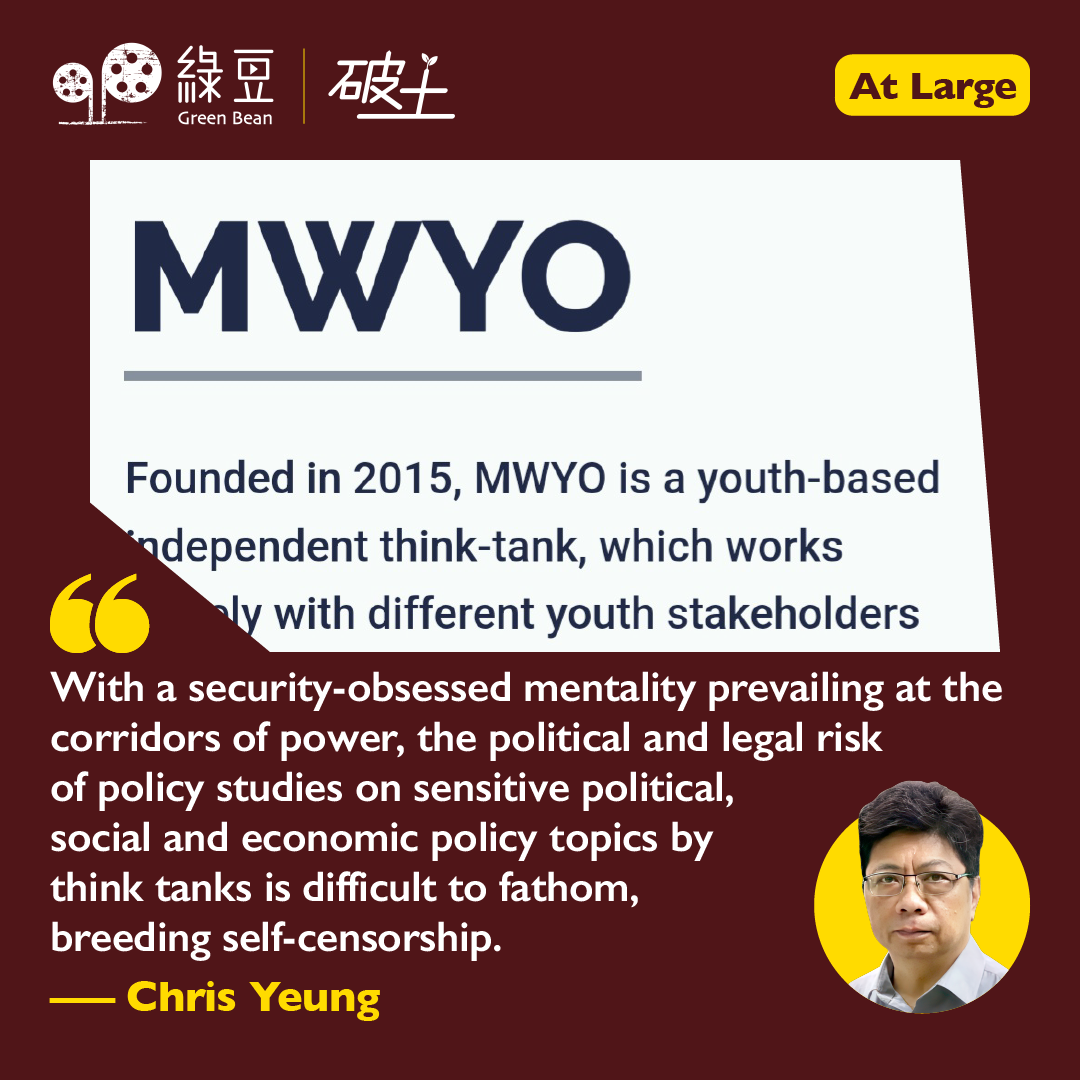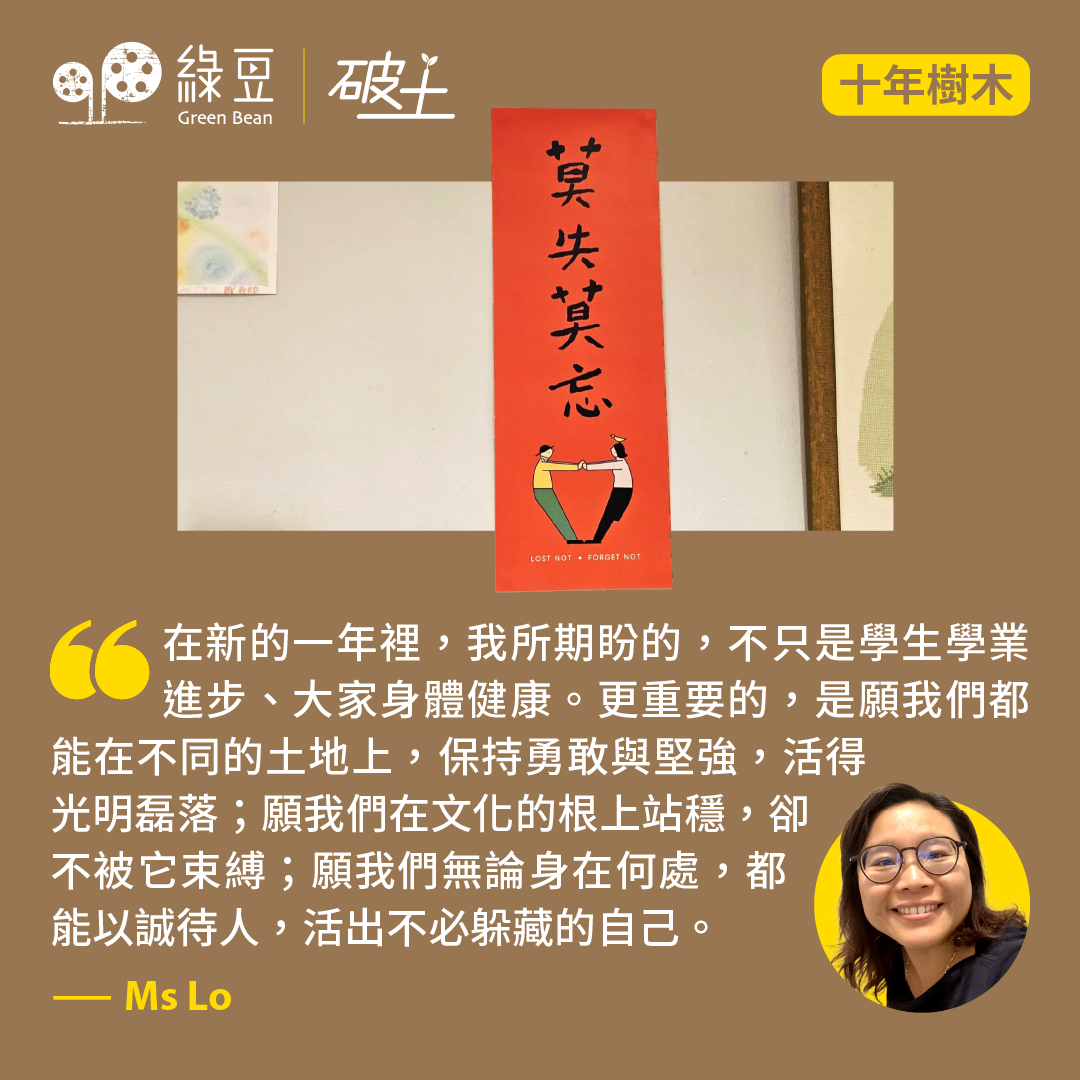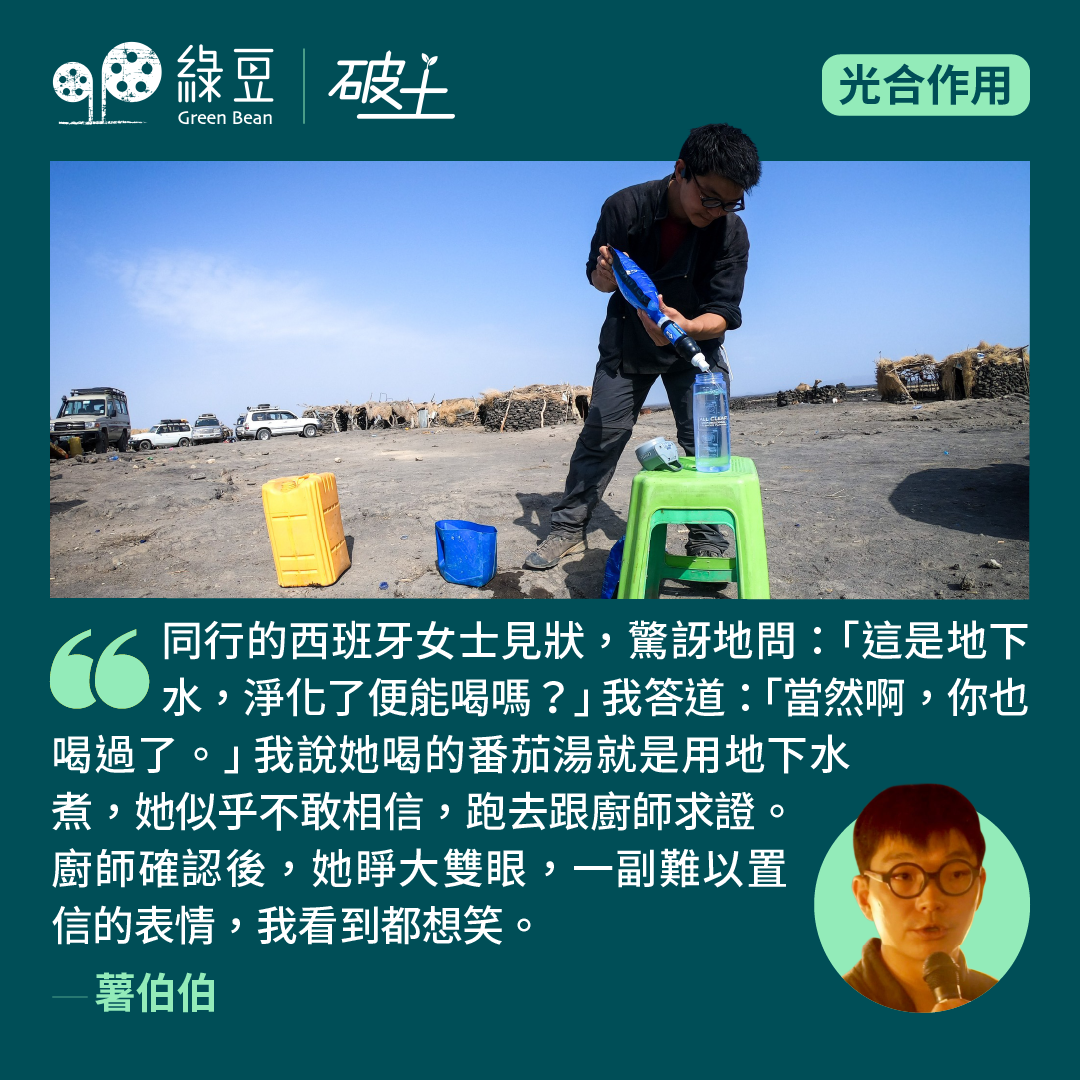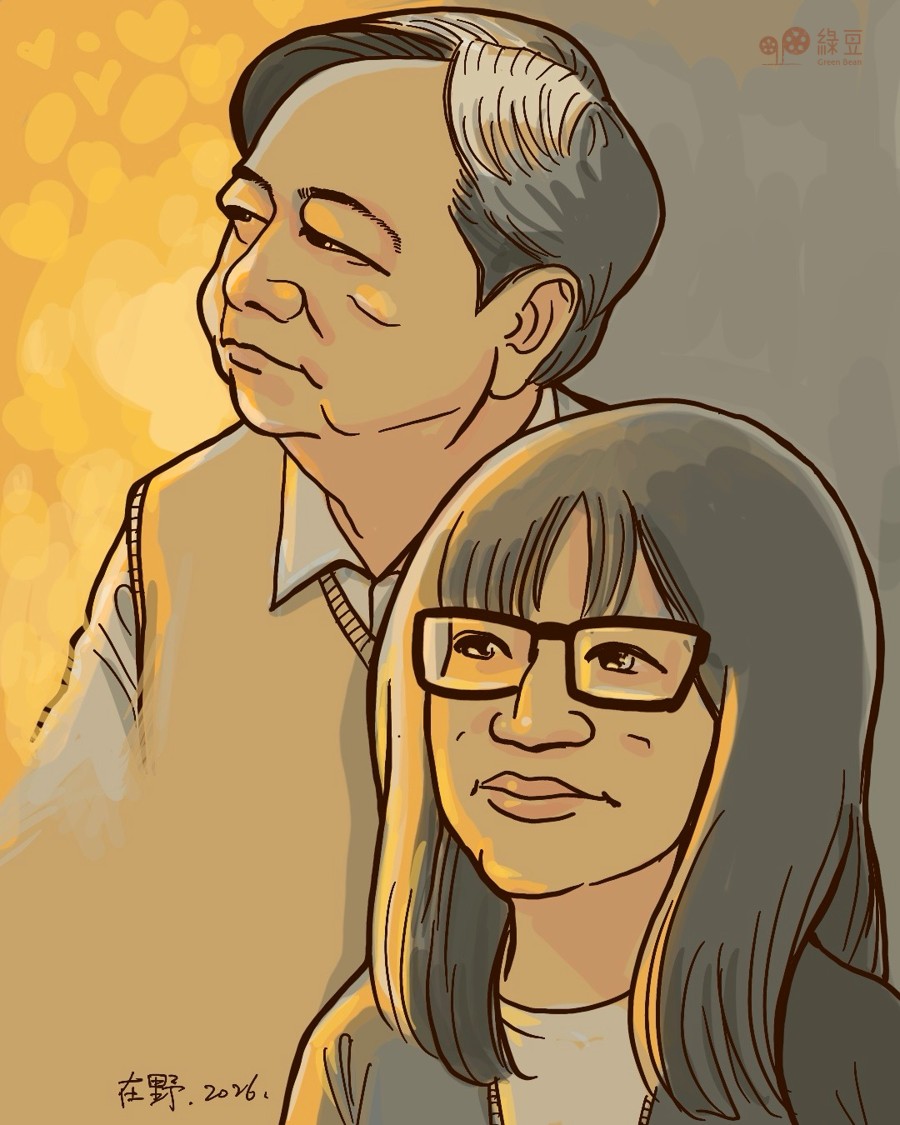What happens if think tanks stop thinking

At a time when closure has become a normality in Hong Kong, the imminent winding up of a think tank founded by tycoon Lau Ming-wai, which focused on youth policies and development, by the end of this year has, as expected, caused no stir in the community, not even the political circle. There was little media coverage. The closure of MWYO is seemingly a non-story. Not at all.
Its imminent shutdown adds more gloom to the future of think tanks run by the private sector following the shake-up of the political scene after the 2019 social movement. More importantly, it raises more questions over the pooling and fermentation of ideas in public policies.
The fading of MWYO into history comes two years after the closure of Bauhinia Foundation Research Centre, which was set up by Norman Chan Tak-lam, a top aide of former chief executive Donald Tsang, in 2006. Lau took over as foundation chairman as he began to emerge as a political high-flier. He founded MWYO in 2015.
Following the ascendancy of Carrie Lam to the top post in 2017, Lau had become more active in politics. He helped spearhead Lam’s youth policies.
Reached a milestone?
In a farewell note to government departments, media organisations and business partners on September 6, MWYO said they have already “reached a milestone” after nine years. It cited a list of their work and government initiatives on youth policies including the renaming of home affairs bureau to home and youth affairs bureau.
Stopped short of claiming their mission has been accomplished, the think tank seems to suggest they have come a long way in getting some achievements, but decided not to go further.
On the face of it, this is true. Youth policies and work have been given more attention by the John Lee administration. That doesn’t mean, however, the youth problem is no longer an issue. The opposite is true. In view of the drastic, all-dimensional changes in Hong Kong in the post-national security law era, how young people respond to the changes is unclear. It will remain so for a period of time.
Think tanks on youth policies and development have arguably become more important, not to mention the repeated remarks by President Xi Jinping about the vital importance of youth in the nation’s development.
Difficult role
The decision to close down MWYO is perhaps not because youth work is already on the right path with not a lot more needed to be done, but because MWYO, like other think tanks, is faced with increasing difficulties in playing a useful role in policy research and formulation.
Admittedly, independent think tanks have been left in the cold in public policies both before and after the handover under the executive-led system. Their impact on shaping public policies has always been limited. Under the Lee administration, the formulation of policies has become more uncertain with less predictability.
The sharp U-turn of the waste levy scheme is one example, which shows the dearth of clear principle, strategy and approach in waste management policy. Light public housing is another with the housing scheme’s cost-effectiveness and rationality questionable. The hype of “night economy” and “panda economy” is a showcase of the absurdities of government policies.
Those cases are among the obvious cases of policy fiascos and confusion, raising concerns about the quality of public policies. With more think tanks closing down, it may become more difficult to anticipate government policies, understand why they are what they are, who calls the shots and how they are being formulated.
Damage to the whole society
The proliferation of independent, privately-funded think tanks in countries, in particular, the United States, reflects the power of knowledge and the importance of ideas in an increasingly competitive world.
For think tanks to thrive, a free environment with the least restrictions and the fewest “political red lines” is crucial for them to conduct quality research and studies on policies.
With a security-obsessed mentality prevailing at the corridors of power, the political and legal risk of policy studies on sensitive political, social and economic policy topics by think tanks is difficult to fathom, breeding self-censorship.
The withering of voices on alternative policies and ideas will further dampen people’s interest in politics and policies. It will be more so if they become fed up with the massive propaganda by the Government and through the media, which appears to be the case now.
Ideas are soft power. If the exploration of ideas is being frustrated in one way or another, the damage to the whole society’s long-term viability is unthinkable.
( Photo : MWYO facebook )
▌[At Large] About the Author
Chris Yeung is a veteran journalist, a founder and chief writer of the now-disbanded CitizenNews; he now runs a daily news commentary channel on Youtube. He had formerly worked with the South China Morning Post and the Hong Kong Economic Journal.





